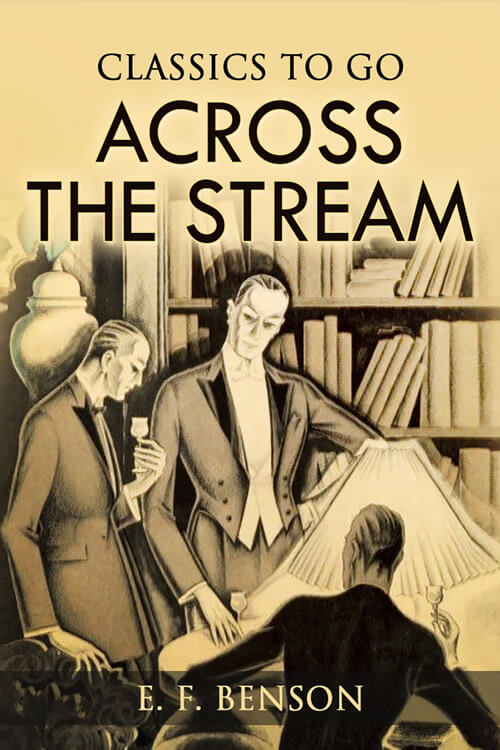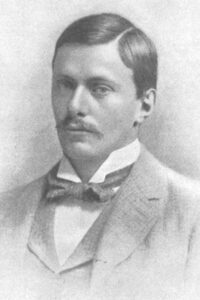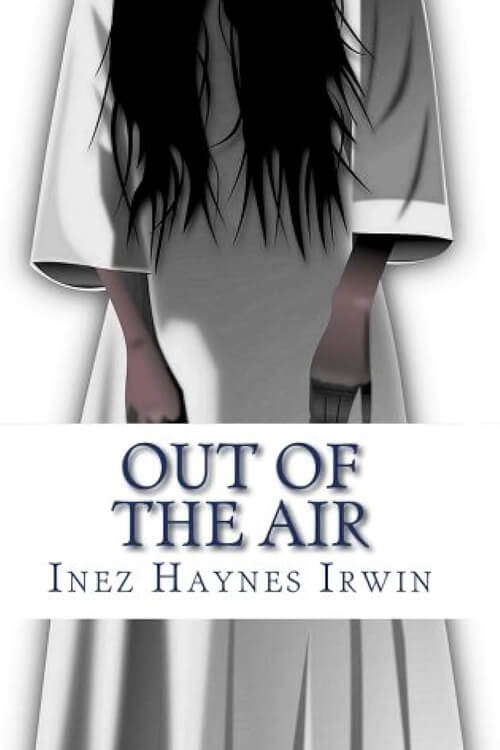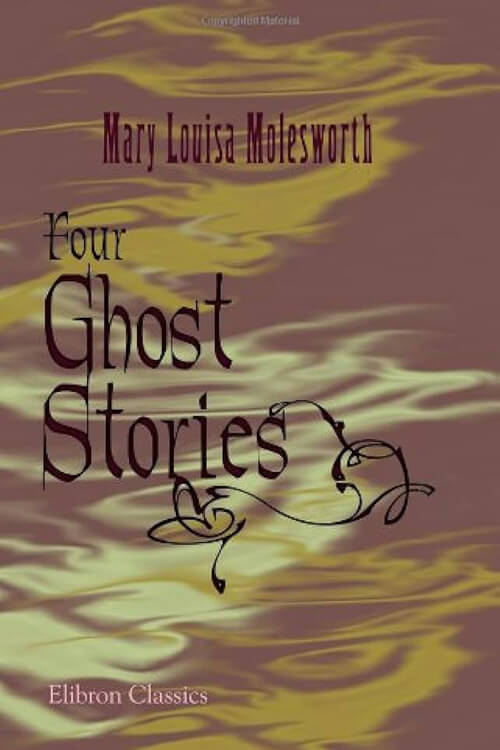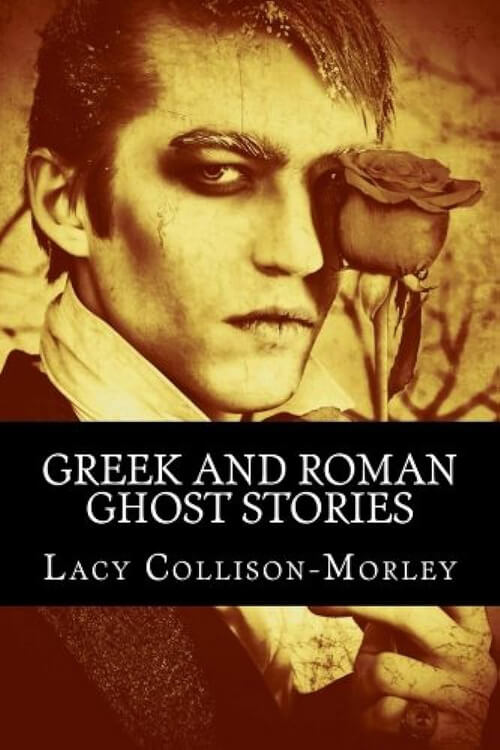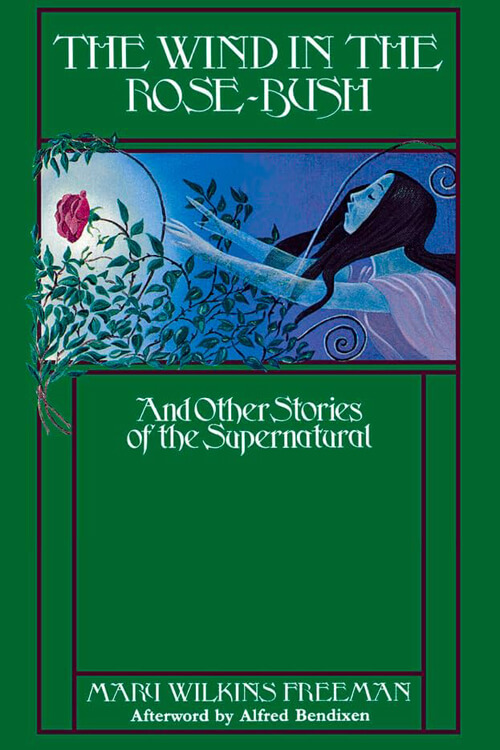
Across the Stream
The whole incident affected Archie far less than it affected either his mother or his governess, and the next day, when he found his scribbled paper lying where he had left it the day before, it excited no further curiosity in his mind. He put the thought of it away on his shelf of secret things that had nothing to do with his everyday life. In certain moods, which only lasted for a moment or two, the things that shelf contained became far more real to him than any other of his experiences. Still, for weeks and months at a time, its contents remained out of his reach, and if he shared them, as his mother had said, with nobody else, he had no share in them himself except at these odd, queer moments. So when, the next day, he came across this curious sentence again, caught by him, as by some wireless telegraphy process, he felt little interest in it. However, he sat for a couple of minutes with his pen held idly to see if anything else happened.
But there was no sensation that ever so faintly resembled the twitching and yearning of his hand to write he knew not what, and he crumpled the paper up and put it into the fire. Somewhere below the threshold of his conscious self lay the perceptions that were concerned with it, those perceptions that guessed what Miss Bampton had thought of, that somehow swam up to the surface, as he used to lie in bed of a morning, and sink into the depths that lay below the green-tinted ceiling of his room; and, while they lay dormant, it was as if they never existed. But now, for some weeks, there had been no light whatever on his ceiling, and morning after morning, he awoke with no sense of exhilaration at all in the coming of another day but with a tired depression lying thick upon him as he heard the rustle of the endless rain in the shrubs outside, and languidly went through those exercises that used to invigorate him but now only tired him. Throughout the month, the damp, chilly weather persisted, and day after day, the same lowering heavens obscured the sun; never in this bright Sussex upland had there been so continuous a succession of rain-streaked hours. The wonder of seeing the lake slowly rising till it engulfed the lower end of the lawn and made an island of the summer house failed to stir him, and there was no magic in the unique experience of punting across the yard to it. Then, one morning early in December, the deluge was stayed.
Once more, the sun slid up a cloudless sky, and the whole nature of the world was changed. Archie had again been indoors for a couple of days, with a return of the cold responsible for the burning of his mother’s hearth rug, and once more, the ecstasy of living possessed him. As consolation for his imprisonment, he and Jeannie were both given a holiday, and, breakfast over, they scampered out and once more saw their shadows racing in front of them. The game was to tread on somebody else’s shadow. Blessington’s shadow did not count because anybody could walk on it, but it required nature tread on Jeannie’s, for it had the nippiest way of dodging before your foot could descend on it. So they ran in circles around Blessington, and Marco, the collie, ran in circles round them; and though it counted two to tread on Marco’s shadow (you must not hold Marco and then stamp on his shadow), no one had got nearer than a doubtful claim to have trod on his tail.
Read or download Book
E. F. Benson
Edward Frederic Benson (24 July 1867 – 29 February 1940) was an English novelist, biographer, memoirist, historian and short story writer.
Biography.
E. F. Benson was born at Wellington College in Berkshire, the fifth child of the headmaster, Edward White Benson (later chancellor of Lincoln Cathedral, Bishop of Truro, and Archbishop of Canterbury), and his wife Mary Sidgwick (“Minnie”). E. F. Benson was the younger brother of Arthur Christopher Benson, who wrote the words to “Land of Hope and Glory,” Robert Hugh Benson, author of several novels and Roman Catholic apologetic works, and Margaret Benson (Maggie), an author and amateur Egyptologist. Two other siblings died young. Benson’s parents had six children and no grandchildren. Benson was educated at Temple Grove School, then at Marlborough College, where he wrote some of his earliest works, on which he based his novel, David Blaize.
He continued his education at King’s College, Cambridge. At Cambridge, he was a member of the Pitt Club, and later in life, he became an honorary fellow of Magdalene College. Benson was an intelligent and prolific writer. His first book was Sketches from Marlborough, which he published as a student. He started his novel-writing career with the (then) fashionably controversial Dodo (1893), which was an instant success, and followed it with a variety of satire and romantic and supernatural melodrama. He repeated the success of Dodo, which featured a scathing description of composer and militant suffragette Ethel Smyth, with the same cast of characters a generation later: Dodo the Second (1914), “a unique chronicle of the pre-1914 Bright Young Things” and Dodo Wonders (1921), “a first-hand social history of the Great War in Mayfair and the Shires.”

